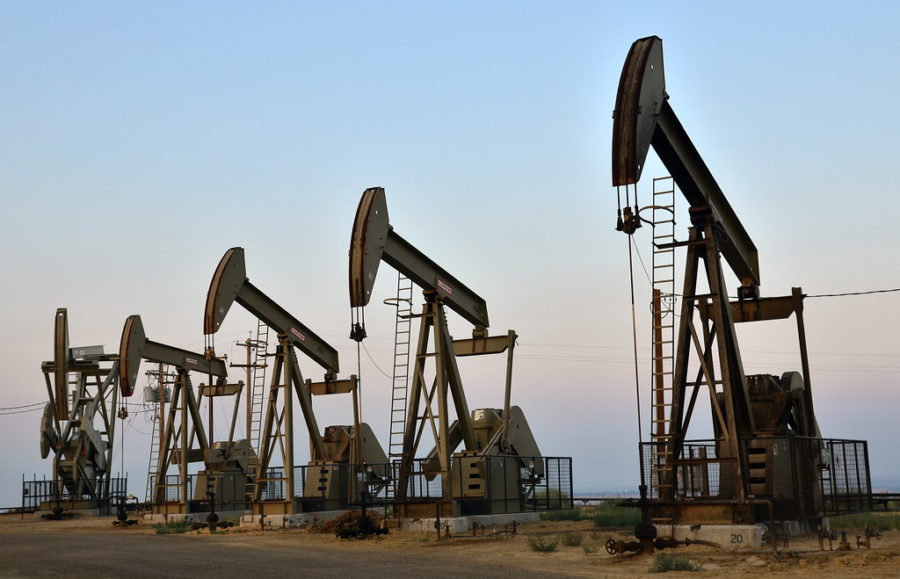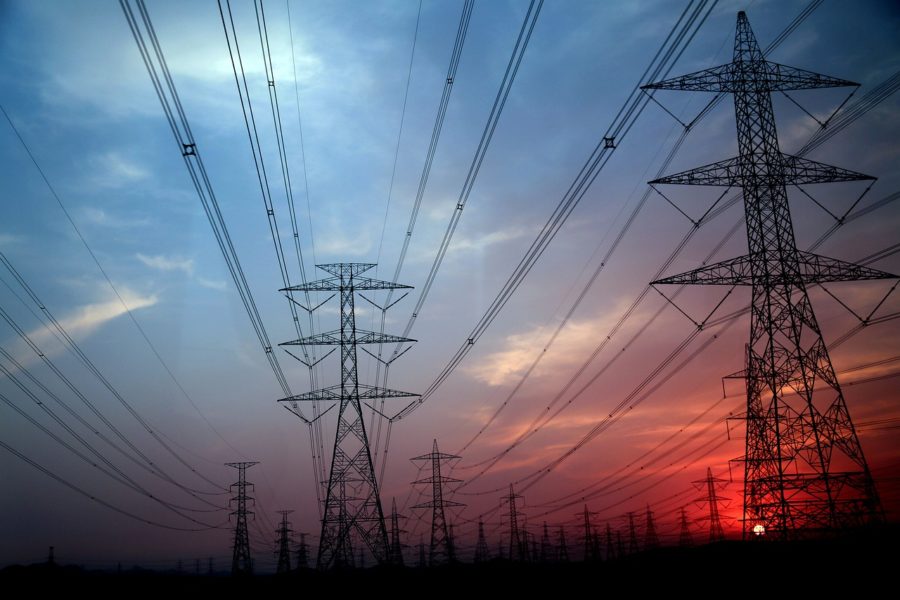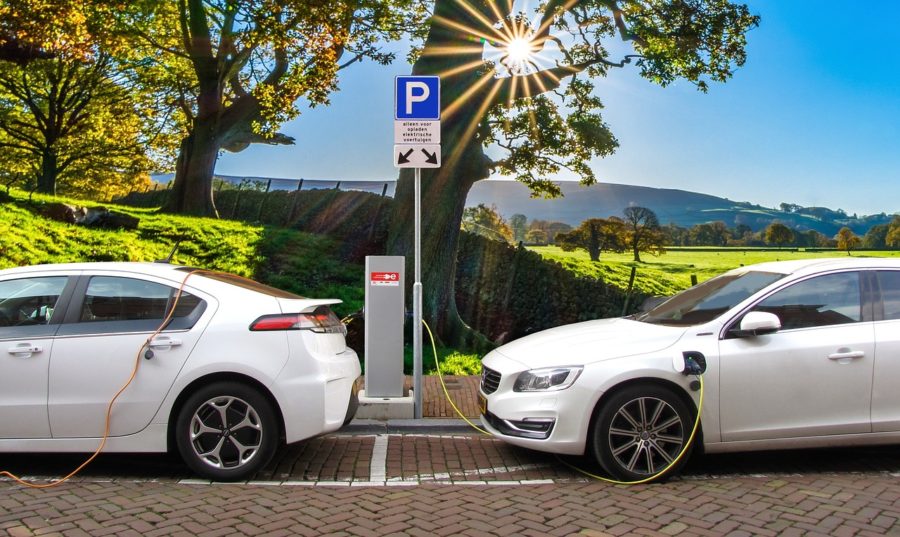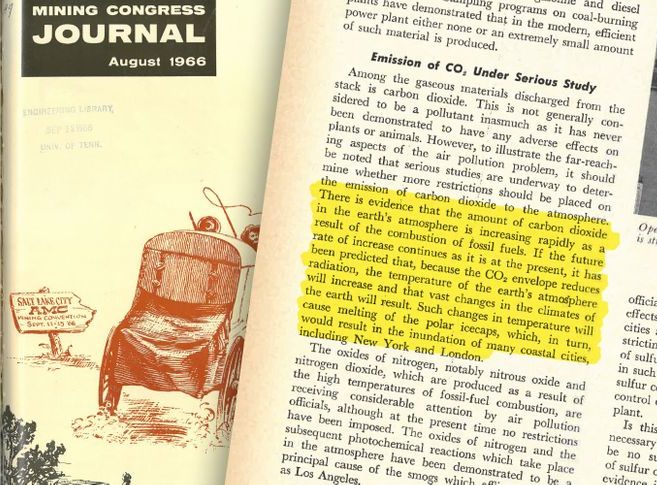Evidence of what fossil fuel companies knew about the potentially negative impact of fossil fuel combustion on climate change is critical to the legal strategy of those seeking damages for carbon dioxide emissions. If the harmful effects of fossil fuel emissions were known to fossil fuel companies, they potentially could be held liable for damages.[1]
For decades coal companies have denied knowledge of the consequences, as well as the existence of climate change itself. The Huffington Post reported that although Peabody Energy,[2] the largest private-sector coal company in the world, acknowledges climate change on its website, “[i]t has been directly and indirectly involved in obfuscating climate science for decades. It funded dozens of trade, lobbying and front groups that peddled climate misinformation.”[3]
A recently discovered article, however, revealed that the coal industry has known of fossil fuel’s impact on climate change for decades.[4]
Chris Cherry, professor of civil engineering at the University of Tennessee, discovered an article published in the Mining Congress Journal in 1966, written by James R. Garvey, president of Coal Research Inc.[5] An article titled “ramifications of extractive technologies,”[6] revealed the coal industries foreknowledge. Garvey wrote:
There is evidence that the amount of carbon dioxide in the earth’s atmosphere is increasing rapidly as a result of the combustion of fossil fuels . . . [s]uch changes in temperature will cause melting of the polar icecaps, which, in turn, would result in the inundation of many coastal cities, including New York and London. [7]
Most modern knowledge of climate change is seen in the article including increase of average air temperature, melting of polar ice caps, and rising of sea levels.[8] Cherry’s discovery could potentially open the coal industry to similar litigation currently faced by the oil industry.[9]
The Huffington Post reached out to Peabody Energy for comment on the Article’s revelations. A Peabody spokesman stated:
Peabody recognizes that climate change is occurring and that human activity, including the use of fossil fuels, contributes to greenhouse gas emissions. We also recognize that coal is essential to affordable, reliable energy and will continue to play a significant role in the global energy mix for the foreseeable future. Peabody views technology as vital to advancing global climate change solutions, and the company supports advanced coal technologies to drive continuous improvement toward the ultimate goal of near-zero emissions from coal.[10]
*Featured Image: A 1966 issue of the Mining Congress Journal, Courtesy of Chris Cherry
[1] See Elan Young, Coal Knew, Too, Huffington Post (Nov. 22, 2019) https://www.huffpost.com/entry/coal-industry-climate-change_n_5dd6bbebe4b0e29d7280984f (last visited Nov. 22, 2019).
[2] https://www.peabodyenergy.com/.
[3] Élan Young, supra n.1; see Suzanne Goldenberg and Helena Bengtsson, Biggest US coal company funded dozens of groups questioning climate change, Guardian (June 13, 2016), https://www.theguardian.com/environment/2016/jun/13/peabody-energy-coal-mining-climate-change-denial-funding (last visited Nov. 22, 2019).
[4] Eoin Higgins, Coal Knew Too: Explosive Report Shows Industry Was Aware of Climate Threat as Far Back as 1966, Common Dreams (Nov. 22, 2019), https://www.commondreams.org/news/2019/11/22/coal-knew-too-explosive-report-shows-industry-was-aware-climate-threat-far-back-1966 (last visited Nov. 22, 2019).
[5] Id.
[6] Id.
[7] Élan Young, supra n.1
[8] Eoin Higgins, supra n.4.
[9] Id.
[10] Élan Young, supra n.1







